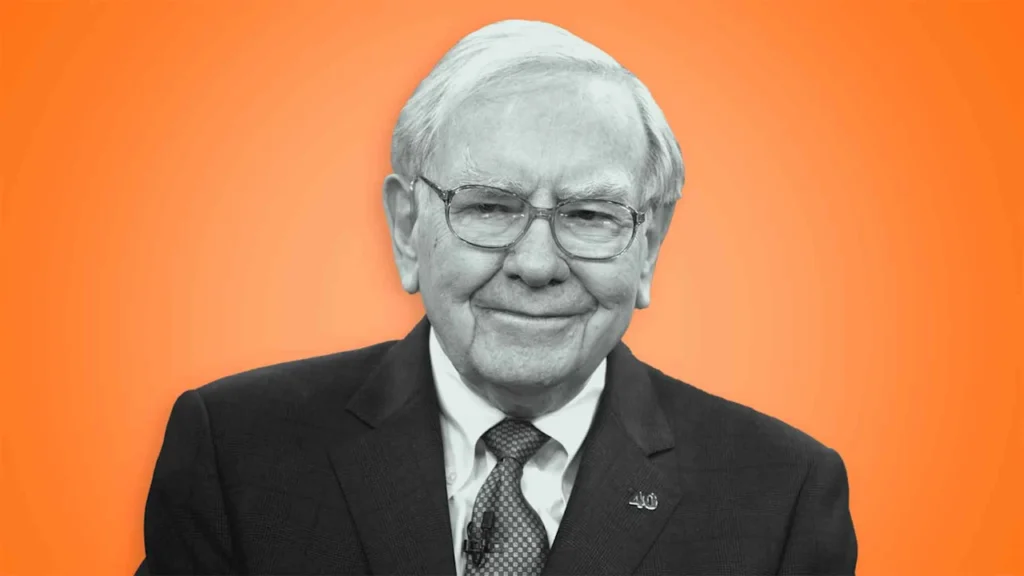
In today’s world, where success is often tied to financial accomplishments, status, and impressive job titles, Warren Buffett offers a refreshing perspective: True success is about the love we share.
Yes, love.
Buffett once said, “Basically, when you get to my age, you’ll really measure your success in life by how many of the people you want to have love you actually do love you.”
Buffett’s wisdom gets to the core of what matters, reminding us that, ultimately, life’s real currency is the relationships we nurture that lead to two-way love.
Who do you want to have love you?
Are you a leader, manager, founder, or CEO with scores of people looking at you for guidance, support, motivation, and leadership? I have news for you: Love, in the right business context, does indeed matter for leadership. That’s the premise for my book, which will be released in March of 2025. The big idea behind the chapters I wrote may challenge your belief system.
Let’s do a quick thought exercise. When we loosely throw the word “love” around in casual conversation, it’s perfectly natural to express it regarding certain people, places, and things. Think about it. It’s acceptable to profess love for a favorite sports team. I have no problems sharing with others that I love my Los Angeles Dodgers and “bleed Dodger blue.”
Professing love for the college or university we attended is acceptable. It’s even perfectly acceptable to proclaim our love for a special pair of jeans we might wear only a few times a year.
In the workplace, we may go home and proudly tell our loved ones, “I love my job,” or “I love my coworkers.” But leaders aren’t always comfortable expressing love for a team of people they oversee. They may spend nearly half their waking hours with their employees doing good work to the satisfaction of customers, yet they find it hard to infuse the word love into the business lexicon.
To me, that type of thinking is bizarre. For every leader ashamed of or fearful of mixing love with work, I point to 10 others whose leadership behaviors unabashedly demonstrate love for their team, company, customers, culture, and everything they contribute to the world.
While I’m certainly an idealist, I’m far from depicting the workplace in some Utopian, Norman Rockwell-portrait of the perfect corporate life. You must do your part by stretching your thinking to reimagine the possibilities for a more loving, human-centered, and humane workplace that results in profitable outcomes.
As a leader, you have the power to create a workplace where love and care are not just words but guiding principles. Let me ask you: What if you saw your colleague, coworker, or direct report as a real person with real hopes, dreams, and fears as crucial as your own? And what if, one day, you decided to connect to the heart of people at work as you would a good friend, as one human being caring for another? This is the power and responsibility of leadership in creating a loving workplace.
As you imagine being in this frame of mind, let me ask you another question: How would the dynamics change in the workplace as you encountered new challenges and solved complex business problems with the very folks you are kind to and care about? I believe the workplace and how we conduct business as usual would radically differ.
This is especially true if you’re in a leadership role, whether you’re the shift lead supervisor of five people on the manufacturing floor, the founder of a 50-person startup, or a Fortune 500 company CEO.
People also want to experience purpose, growth, and success in their jobs and feel their leaders are doing their best to care for them. That’s the bottom line: People want to feel cared for. But I call it for what it really is.
In this age of toxic polarization, finger-pointing, and “looking after No. 1,” that, right there, is the new measure for your success. As Buffett said, when it’s all said and done and you reflect on your achievements in life, it would be great if you could confidently say to yourself, “Because of my willingness to care for and serve others, and because I put people first, I am loved.”
Like this column? Sign up to subscribe to email alerts and you’ll never miss a post.
—Marcel Schwantes
This article originally appeared on Fast Company‘s sister publication, Inc.
Inc. is the voice of the American entrepreneur. We inspire, inform, and document the most fascinating people in business: the risk-takers, the innovators, and the ultra-driven go-getters that represent the most dynamic force in the American economy.